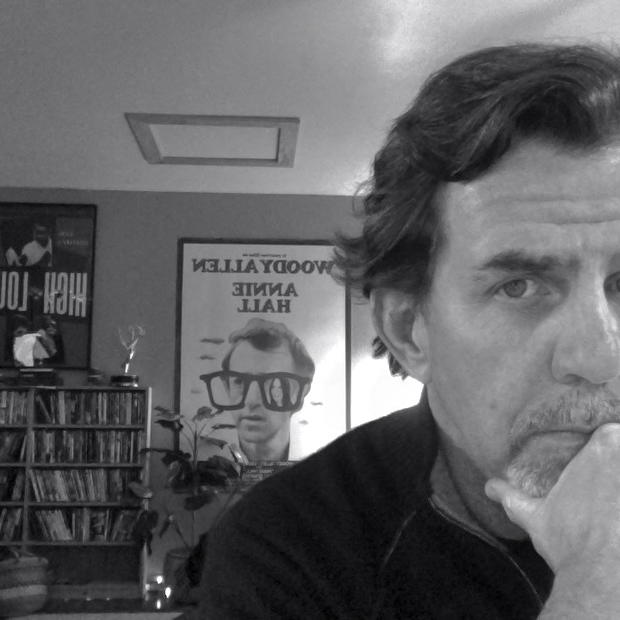Somewhere along the fault line between art house asceticism and Eastern European miserablism quakes Ida, a tremulous black-and-white contemplation of secrets and sacrifices in early 1960s Poland. The movie, which opens Friday at SIFF, is built upon a series of exquisitely controlled images; boxy, quiet frames suggesting a country and people immobilized by fear and repression, with hope, joy and even color drained from their lives. Everyone is bundled in thick coats against a perpetual chill, warmth and sun having abandoned the entire region for good. Within this dour world we meet Ida, a novitiate nun a few weeks away from taking her vows, who is ordered by her Mother Superior to pay a visit to Ida’s only living relative, an aunt named Wanda, who lives in the city and will come to represent Ida’s final encounter with secular temptations.
We quickly learn a few things about this young woman and her aunt: Ida's name is actually Anna and she is Jewish, an orphan whose family was eventually murdered by the farmers who initially protected them from the Nazis. Wanda, in addition to being a caustic alcoholic floozy, is also a hero of the Soviet justice system, a lawyer who prosecuted dissidents and sent some to their deaths.
Haunted by these deeds but also enjoying the few upscale rewards of her tenure — a spacious apartment and a car, a bit of bureaucratic influence — Wanda has resigned herself to the paltry diversions of jazz on the turntable and occasional boozy pickups. After initially dismissing Anna as an intrusion, a naïve Christian in a godless world, Wanda decides instead to help her niece find the graves of her parents. This entails a somber road trip into the featureless countryside and a confrontation with both their pasts. To tell more would be to ruin the few surprises this sparse film offers. Like the remains of their relatives, the lives of Wanda and Anna appear to be picked over and scavenged of possibilities, opportunities and spontaneous expressions of emotion.
Director Pawel Pawilkowski, who usually works in England, here makes his first film in his native language (he directed the chilly The Woman in the Fifth and the sublime My Summer of Love, which introduced the lovely Emily Blunt to the world). He seems to be subscribing to the unwritten code that any film taking place in Soviet-era countries must be visually morose and soured on sentiment, and he hems his characters in not just by his constricting frames but also by his stringent gloominess. Anna (Agata Trzebuchowska) remains nearly wordless throughout the movie, inscrutable and severe, even after sampling the profane enticements of sex, drink and cigarettes. Wanda (Agata Kulesza) is the more fascinating character, corrosive and unforgiving, especially of her own scarred past. But when her attempts to lure Anna away from the nun’s life seem to fail, her sense of defeat is expressed in one of the more depressing moments in recent movies.
It’s no wonder that Anna, after an excursion into a past tragically erased by the unmatched horrors of the Holocaust, and a flirtation with the present in which sorrow is meant to be medicated away with drink and music and intercourse, chooses the uncomplicated path of an eternal marriage to God. But the film, despite its harsh beauty and admirable restraint, must compete with an overly mannered emotional reticence. We may respect Anna’s final choice, but there is hardly a winner here between the damned and the devoted.



